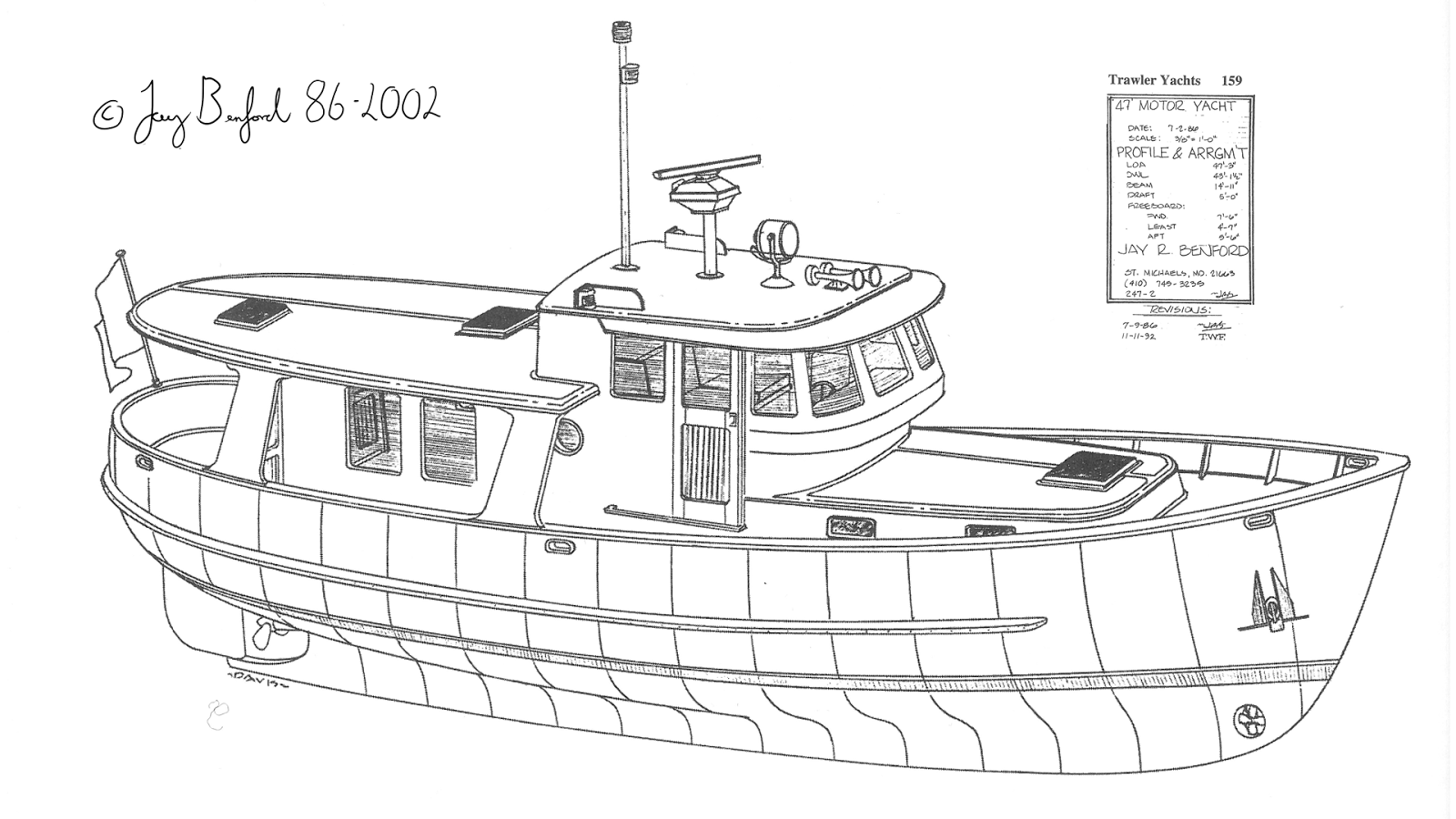
Fishing Boat Plans for Reliable Small Boats for Recreation
For anglers seeking the thrill of a day on the water, a reliable and well-designed small fishing boat is essential. Whether you're venturing out for a solo afternoon of casting or sharing the experience with friends and family, choosing the right boat plan is crucial for both safety and enjoyment. This guide will delve into the considerations and practicalities of selecting fishing boat plans specifically tailored for recreational use.
Key Considerations for Fishing Boat Plans
Before diving into specific plan options, it's vital to define your needs and preferences. Factors to consider include:
1. Intended Use and Fishing Style
- Type of Fishing: Will you be fishing in calm lakes, coastal waters, or venturing out further offshore? Different fishing styles, like trolling, casting, or bottom fishing, necessitate boat features tailored to the activity.
- Number of Anglers: How many people will be onboard? Choosing a boat plan that comfortably accommodates the desired number of anglers is crucial.
- Fishing Equipment: Consider the size and weight of rods, reels, and other gear. The boat should have ample storage and space for comfortable use.
2. Boat Size and Hull Design
- Length: Smaller boats (12-16 feet) are often manageable for solo or two-person fishing trips, while larger boats (16-20 feet) provide more space and stability for larger groups and equipment.
- Beam: A wider beam offers better stability, particularly in choppy waters or when several anglers are onboard.
- Hull Type: Popular options include:
- V-Hull: Provides a smoother ride in rough waters and is suitable for open-water fishing.
- Modified V-Hull: Combines the stability of a V-hull with a flatter bottom for improved shallow-water performance.
- Flat Bottom: Ideal for calm waters and shallow-water fishing but may be less stable in choppy conditions.
3. Construction Materials and Budget
- Fiberglass: Offers durability, low maintenance, and good watertightness but can be more expensive than other materials.
- Aluminum: Lightweight, corrosion-resistant, and affordable but may be noisier than fiberglass.
- Wood: Offers a traditional look and can be customized but requires more maintenance and can be more expensive.
- PVC: Lightweight and affordable, suitable for smaller boats but may have limited durability.
Popular Fishing Boat Plans for Recreation
Numerous reputable boat plans cater to recreational fishing needs. Here are a few popular examples:
1. Small Jon Boats
Jon boats are renowned for their simplicity, stability, and shallow-water capabilities. They are typically flat-bottomed and can be constructed from various materials like aluminum or wood. Their simplicity makes them a good choice for beginners or those on a tight budget.
2. Aluminum Bass Boats
Designed for casting and trolling, aluminum bass boats offer stability, maneuverability, and ample storage for fishing gear. Their lightweight construction makes them easy to trailer and launch. Many bass boat plans incorporate features like livewells, casting decks, and rod holders for efficient fishing.
3. Center Console Boats
Center console boats offer an open deck design with a central console for steering and navigation. They are versatile for various fishing styles, including trolling, casting, and bottom fishing. Center console boats can be constructed from fiberglass, aluminum, or wood and are available in various sizes.
4. Pontoon Boats
Pontoon boats provide spacious decks, excellent stability, and a comfortable ride. Their buoyant pontoon structure makes them ideal for calm lakes and rivers. Pontoon boats can be customized with fishing features like livewells, casting decks, and rod holders.
Choosing the Right Fishing Boat Plans
Once you've considered your needs and preferences, you can start evaluating available plans. Here are some practical tips:
1. Research and Comparison
Thoroughly research different boat plan providers. Look for companies with a reputation for quality plans and customer support. Compare plan features, materials, and construction techniques to find the best match for your requirements.
2. Read Reviews and Testimonials
Check online reviews and testimonials from other boat builders who have used specific plans. Their experiences can provide valuable insights into the plan's accuracy, clarity, and construction ease.
3. Budget Considerations
Factor in the cost of materials, tools, and any necessary labor. Boat plans can vary in price, so budget accordingly. Ensure you have a realistic financial plan before committing to a particular plan.
4. Experience and Skills
Evaluate your boatbuilding experience and skills. Choose plans that match your abilities. Some plans provide detailed instructions, while others require more expertise.
5. Safety Features
Always prioritize safety when choosing a boat plan. Ensure it includes features like adequate buoyancy, secure seating, and proper lighting. Consider adding additional safety features like a bilge pump, fire extinguisher, and life jackets.
Building Your Fishing Boat
Building a boat from plans requires patience, skill, and attention to detail. Here are some key steps to consider:
1. Gather Tools and Materials
Compile all necessary tools, equipment, and materials according to the plan specifications. Ensure you have access to proper storage and workspace.
2. Follow the Plans Carefully
Adhere strictly to the boat plan instructions. Use the provided diagrams, dimensions, and specifications to ensure the boat's structural integrity and proper design.
3. Seek Guidance When Needed
Don't hesitate to seek help from experienced boat builders, forums, or the plan provider if you encounter any difficulties or uncertainties.
4. Test and Inspect
Thoroughly test the completed boat before launching. Check for leaks, proper fit of components, and overall stability. Any issues should be addressed before heading out on the water.
Conclusion
Building your own fishing boat from plans can be a rewarding experience. By carefully considering your needs, exploring plan options, and following proper construction procedures, you can create a reliable and enjoyable small boat for recreational fishing. Remember to prioritize safety, adhere to local boating regulations, and always enjoy the adventure responsibly.







